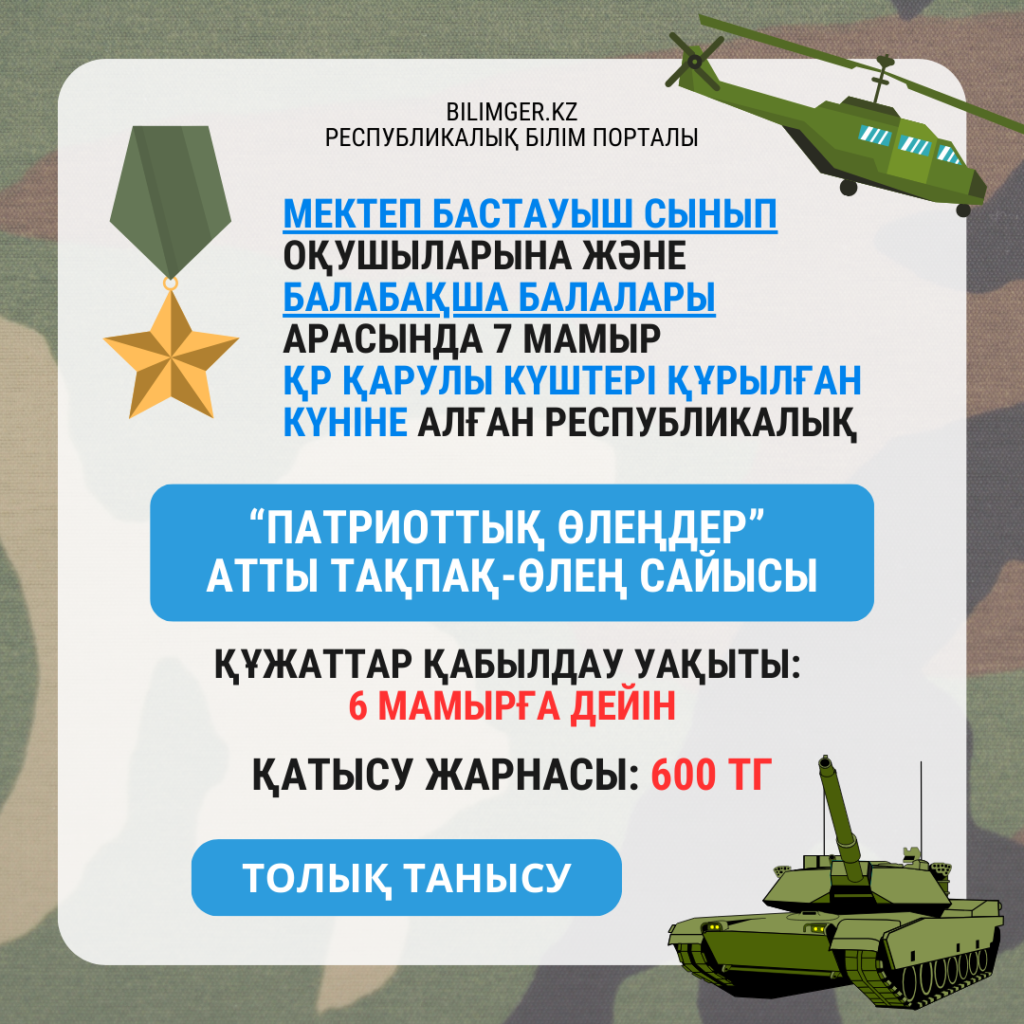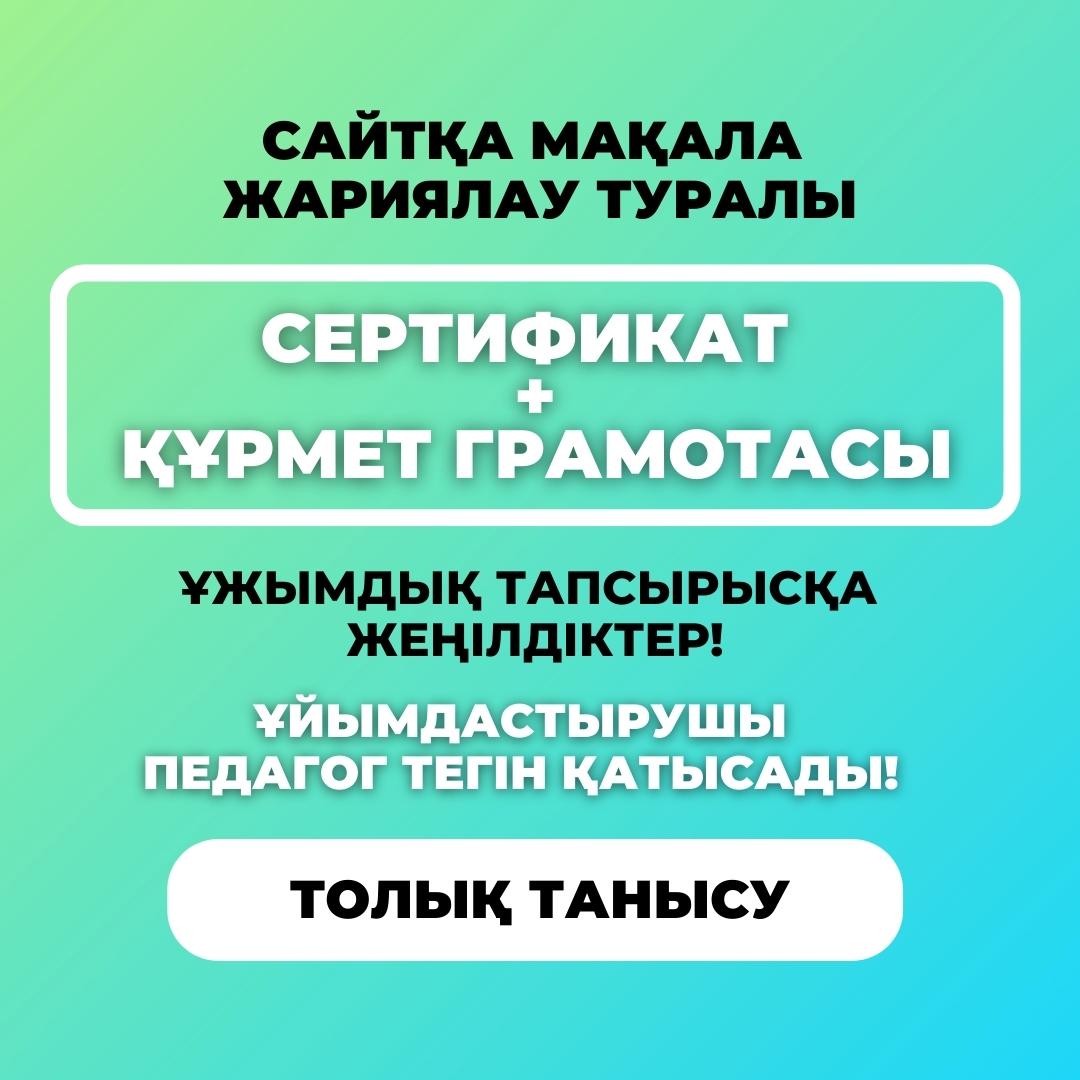Global issue Grade 10
| Unit of a long term plan 2 Natural Disaster
|
School:
|
||||||||||||||||||||||||
| Date: | Teacher name: | ||||||||||||||||||||||||
| CLASS: 10 | Number present: | absent: | |||||||||||||||||||||||
| Lesson title | Global Issues (Natural disasters) | ||||||||||||||||||||||||
| Learning objectives(s) that this lesson is contributing to (link to the Subject programme) | 10.3.3.1 give an opinion at discourse level on a wide range of general and curricular topics
10.4.8.1 use familiar and some unfamiliar paper and digital reference resources to check meaning and extend understanding 10.6.15.1 use infinitive forms after a limited number of verbs and adjectives use gerund forms after a limited variety of verbs and prepositions use some prepositional verbs and begin to use common phrasal verbs on a growing range of familiar general and curricular topics
|
||||||||||||||||||||||||
| Lesson objectives | All students will be able to:
-give their opinion about Global issues; — make up sentences using gerund or infinitive on curricular topic ; — Listen and understand others speech; Most students will be able to: — Discuss in a group and share their ideas about the natural disasters and Global issues Some students will be able to: — Give an opinion and feedback to other groups’ fishbone diagram |
||||||||||||||||||||||||
| Level of thinking skills | Application/analysis | ||||||||||||||||||||||||
| Assessment criteria | Provide a point of view in conversations and discussions. Support a talk with peers while agree, disagree and discuss the order of actions and causes, consequences. | ||||||||||||||||||||||||
| Values links | Being environmentally conscious/friendly, actively providing solutions to global problems. | ||||||||||||||||||||||||
| Cross-curricular links | Geography, self –knowledge, ecology, Natural study | ||||||||||||||||||||||||
| Previous learning | Learners knew names disasters and differences of usage gerund and infinitive structure; | ||||||||||||||||||||||||
| Plan | |||||||||||||||||||||||||
| Planned timings | Teacher’s planned activities | Students’ planned activities
|
Assessment | Resources | |||||||||||||||||||||
| Start
2 minutes
3 minutes
2 minutes |
Organisation moment
— Greeting. Teacher greets learners
Brainstorming Teacher shows photos from interactive board and asks students to say common similarities of them.
Teacher gives additional explanation to students opinion about Global issues.
Method “Listen and Guess” Teacher turns on radio podcast about on of the Global BBC news.
Teacher checks their ideas by asking probing questions, like: 1. What can you say about this News? 2. What kind of influence has this disaster to our everyday life? 3. How can we protect ourselves from them? |
Warm up « How do you like your neighbour?” Students stand in a circle and announces “I like my neighbour because….” eg.
Students say their warm words and praise to the next students.
Students think and say common similarities of pictures. Students name the given problems.
.
Students guess What about listened podcast. Define the type of problem and say about actual problem in short.
Students give answer for given questions.
Students give answer and tell their opinion on given questions.
|
|
https://go.mail.ru/search_video ?q=natural+disasters&fr= amigo&gp=835023&d=0&sig= 29f5dcfbbb&s=vimeo.com
|
|||||||||||||||||||||
| Middle
5 minutes
8 minutes
10 minutes
12 minutes |
Teacher asks clarifying questions to prove the concept behind the students argument: -What does it mean Global Citizenship? -Are you citizen Of Kazakhstan? -Are you a Global Citizen? -How can you prove it?
Task 1 Individual Work Method «Dumb video» Teacher switches on News report without sound and give tasks to give New life to that dumb Video-Reportage.
Role Play of Reporter Teacher asks students to play the role of reporter and do their speech.
Task 2 Group work Waking up motivation of learners: “Imagine you are…”
Todays our motivating phrase for learners “Imagine You are World Minister…” Teacher invites pupils to participate in conference, main department of UNESCO in France, Paris. Teacher is a secretary of General-director, Audrey Azoulay. General director gives task to appoint World Ministers to solve Global ,controversial issues. Teacher explains leaners the rule of Conference. — make up project. — take active part in each task Students will have chance to get certificate for 1000000$. It’s good chance to put money into protection of our Nature.
Task 3 (Pair work) Fishbone strategy (Groups offer own project) Teacher, Secretary of UNESCO World Ministers gives tasks to World Ministers to solve Global problems with Fishbone diagram.
Teacher mixes names of natural disasters in the black box.
Differentiation for less able students: T gives necessary lexis on the theme Global Issues
|
Students watch the video News about Natural Disasters without sound and do their own reportage to given News On TV.
Students choose papers from the teacher’s desk written appointed the cabinet of Global Ministers.
Students discuss in conference Global issues and ways of solving them.
Groups take any one problem from the Black box to solve that problem. If learners can solve the problem they move that problem into the box “Happy end”.
Students discuss in a group and share their ideas about consequences, effects and find solutions of the problem. Pair Ministers present their own projects.
Expert Envoy Other Ministers ask questions and tell their opinion according solved Problem.
Differentiation for more able students: Students use models of expressing the ideas. Example:
|
Students praise each other
AFL- Self assessment
AFL of experts: 2 stars, 1 wish
Descriptor: A learner: — works in a group; -clarify the problem; -expresses his thoughts about it; — presents consequences after the disaster; -discusses the ways of solving their chosen problem; -presents group poster by defining outcome; |
http://expresspublishing.kz/action-grade-10/
Sheet of papers with tasks
List of verbs
Sheet of papers models of expressing the ideas |
|||||||||||||||||||||
| End
3 minutes |
Feedback
In summary section used method “Map summarizing”
What do you say to all people of the World? What kind of feeling do you have after our English lesson? You may say and stick heart-shaped Sticker on the map of the World. |
Students say their feelings to Mother-Earth after English lesson and stick heart-shaped Sticker on the World map. | |||||||||||||||||||||||
| Additional information | |||||||||||||||||||||||||
| Differentiation – how do you plan to give more support? How do you plan to challenge the more able learners? | Assessment – how are you planning to check learners’ learning? | Health and safety check | |||||||||||||||||||||||
| Differentiation for less able students: T gives necessary lexis on the theme Global Issues
Differentiation for more able students: Teacher gives models of expressing the ideas.
|
Task 1: AFL- Self assessment
Task 2: Self assessment (Praising themselves)
Task 3: Group assessment by stand up and change places (assessment of experts 2 stars, 1 wish)
|
Using physical exercises and active activities.
When Ss do different activities they move safely under the teacher’s control.
|
|||||||||||||||||||||||
| Reflection
Were the lesson objectives/learning objectives realistic? Did all the learners achieve the lesson objectives/ learning objectives? If not, why? Did my planned differentiation work well? Did I stick to timings? What changes did I make from my plan and why?
|
Use the space below to reflect on your lesson. Answer the most relevant questions from the box on the left about your lesson. | ||||||||||||||||||||||||
| Summary evaluation
What two things went really well (consider both teaching and learning)?
1:
2:
What two things would have improved the lesson (consider both teaching and learning)?
1:
2:
What have I learned from this lesson about the class or individuals that will inform my next lesson?
|
|||||||||||||||||||||||||




